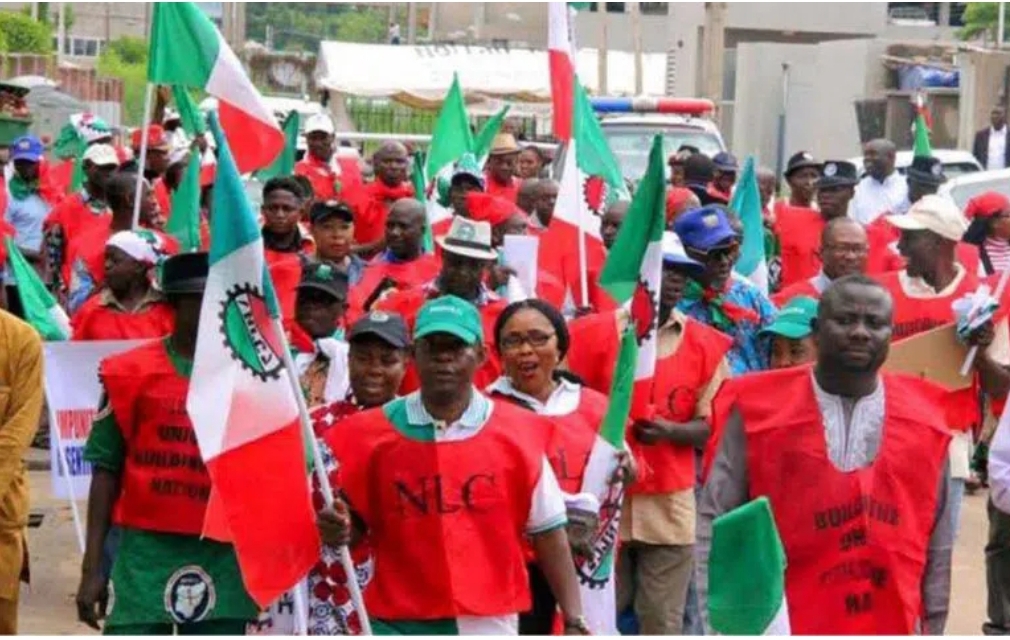Naija News Now
FG Plans to Allocate 29.18% of 2024-2026 Budget to Personnel Costs, Facing Fiscal Deficit Challenges
The federal government says it will spend N8.25 trillion on debt servicing in the N27 trillion 2024 budget, projecting that the economy will grow by 3.76 percent.

The Federal Government of Nigeria unveils plans to dedicate a significant portion, 29.18%, of its total budget for the years 2024 to 2026 to salaries, overheads, and pensions. This staggering amount of N24.66 trillion out of the N84.50 trillion planned expenditure raises concerns about fiscal sustainability.
Anticipated Salary Increases Drive Personnel Costs Up by 8.51%
The government anticipates personnel costs to surge by 8.51%, reaching N7.99 trillion in 2024, followed by N8.18 trillion in 2025, and N8.49 trillion in 2026. This spike in salary expenses stands in stark contrast to the N23.37 trillion allocated for capital expenditure during the same period, signaling a continued trend of prioritizing overhead costs.
As of September 2023, 29.76% (N3.78 trillion) of the government’s total spending (N12.7 trillion) was allocated to salaries, significantly surpassing the N1.47 trillion allocated for capital projects. The government’s budget distribution strategy has resulted in substantial fiscal deficits, with the 2024 projection reaching N9.18 trillion.
Concerns Arise Over Bloated Civil Service
With approximately 1.5 million workers in the Federal Government, concerns emerge about the sustainability of the current workforce. Calls for agency mergers and scrapping gain traction as overlapping functions contribute to the perceived bloat in the civil service.
The projected budget deficit of N9.18 trillion in 2024, representing 50% of the Federal Government’s revenues and 3.88% of the estimated GDP, raises concerns. While higher than the three percent threshold stipulated in the Fiscal Responsibility Act (FRA) 2007, it is justified by the proposed salary review, increased pension obligations, and higher debt service costs.
Private Sector Partnership to Fill Capital Expenditure Gaps
President Bola Tinubu announces plans to leverage the private sector through Public Private Partnership arrangements to finance critical infrastructure. As rising personnel costs limit investments in infrastructure, the government invites private sector collaboration to unlock the nation’s potential.
Minister Acknowledges Revenue Challenges
Minister of Budget and National Economic Planning, Abubakar Bagudu, acknowledges the government’s struggle to meet financial obligations amid dwindling revenue sources. With slow economic growth, increasing population, surging unemployment, and high inflation, the government faces significant challenges, prompting calls for non-governmental organizations to play a role in addressing critical issues.
